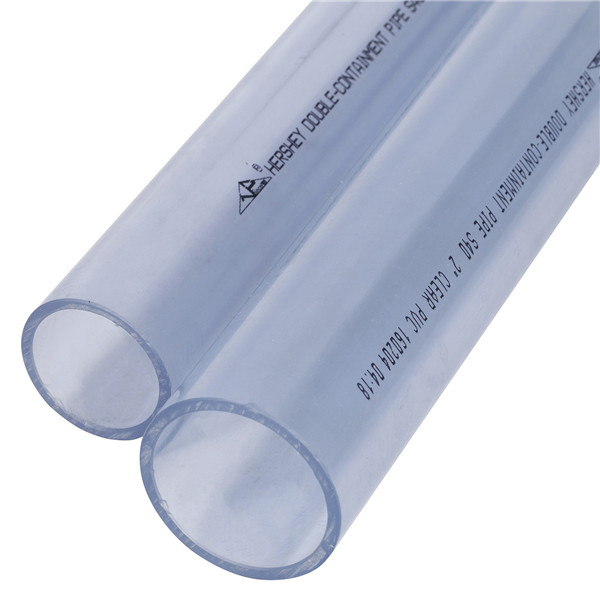វិច្ឆិកា . 20, 2024 18:11 Back to list
pvc electrical pipe
Understanding PVC Electrical Pipes A Comprehensive Guide
PVC (Polyvinyl Chloride) electrical pipes have become a staple in the construction and electrical industries due to their numerous advantages over traditional materials. As the demand for efficient and durable materials continues to grow, it is essential to explore what PVC electrical pipes are, their benefits, applications, and installation techniques.
What are PVC Electrical Pipes?
PVC electrical pipes are tubular structures made from polyvinyl chloride, commonly used for routing electrical wiring in various structures. These pipes are manufactured using high-quality PVC resin and undergo a meticulous process that enhances their strength and resistance to environmental factors. Typically available in a range of diameters and thicknesses, PVC pipes provide a lightweight yet robust solution for electrical conduits.
Advantages of Using PVC Electrical Pipes
1. Corrosion Resistance One of the primary benefits of PVC electrical pipes is their resistance to corrosion. Unlike metal conduits that can rust over time, PVC pipes are impervious to moisture, chemicals, and other corrosive elements, making them ideal for various environments, including coastal areas and industrial settings.
2. Lightweight and Easy to Handle Compared to traditional materials such as metal conduits, PVC pipes are significantly lighter. This feature simplifies transportation, handling, and installation, saving both time and labor costs.
3. Electrical Insulator PVC is a natural insulator, which means that using PVC pipes for electrical wiring ensures minimal risk of electrical leakage or shorts. This characteristic enhances safety in any installation, reducing the likelihood of electrical hazards.
4. Cost-Effectiveness PVC electrical pipes are generally less expensive than their metal counterparts. Lower material costs, combined with reduced labor expenses due to their lightweight nature, make PVC an economical choice for electrical installations.
5. Durability PVC pipes are designed to withstand various environmental conditions. They are resistant to UV rays, which prolongs their lifespan, and can endure extreme temperatures without losing their structural integrity.
6. Versatility PVC electrical pipes can be used in a multitude of applications, from residential wiring to commercial and industrial setups. Their adaptability to various settings makes them a preferred choice for many electrical professionals.
Applications of PVC Electrical Pipes
pvc electrical pipe

PVC electrical pipes are utilized in a wide array of applications, including
- Residential Wiring Many homes use PVC pipes to route electrical wires safely through walls, attics, and basements. - Commercial Installations In commercial buildings, PVC conduits are employed to provide a safe and organized pathway for electrical wires, contributing to safer work environments. - Industrial Settings Factories and plants benefit from PVC pipes due to their resistance to harsh chemicals and substances often found in industrial applications. - Outdoor Wiring Due to their UV resistance, PVC electrical pipes are suitable for outdoor electrical installations, protecting wires from the elements.
Installation Techniques
Installing PVC electrical pipes requires specific techniques to ensure maximum effectiveness and safety. Here are some best practices
1. Plan the Layout Before installation, it's crucial to plan the layout thoroughly. This step involves determining the routing of the pipes, ensuring compliance with local electrical codes, and making considerations for bends and fittings.
2. Use the Right Tools Proper tools, including pipe cutters, reamers, and solvent cement, are essential for a clean and efficient installation. Using the correct size of pipes and fittings will help prevent leaks and electrical short circuits.
3. Mounting the Pipes PVC pipes should be securely fastened using appropriate brackets and supports, typically every 10 feet, to ensure they remain stable and do not sag over time.
4. Seal Connections It is vital to ensure that all connections are watertight and properly sealed. Solvent cement compatible with PVC should be used to connect pipe sections and fittings securely.
5. Follow Local Codes Always adhere to local electrical codes and regulations during installation. These guidelines are in place to ensure safety and reliability in electrical systems.
Conclusion
In conclusion, PVC electrical pipes provide a durable, cost-effective, and versatile solution for electrical installations. Their numerous advantages, such as corrosion resistance and ease of installation, make them an attractive choice for contractors and electricians alike. As technology advances and we continue to seek efficient building solutions, the popularity of PVC electrical pipes is likely to grow, ensuring safe and effective electrical systems in various applications.
-
High-Quality PPR Pipes and Fittings Durable ERA PPR & PVC PPR Solutions
NewsJul.08,2025
-
Black HDPE Cutting Board - Durable, Non-Porous & Food Safe HDPE Plastic Cutting Board
NewsJul.08,2025
-
High-Quality CPVC Panel Durable HDPE & PVC Panels Supplier
NewsJul.08,2025
-
Double PE Welding Rod Supplier - High Strength, Durable & Versatile Welding Solutions
NewsJul.07,2025
-
High-Quality PVC-O Pipe Supplier Durable 75mm PVC Pipe & Connections Leading PVC Pipe Company
NewsJul.07,2025
-
HDPE Drainage Pipe Supplier – Durable & Corrosion-Resistant Solutions
NewsJul.06,2025

